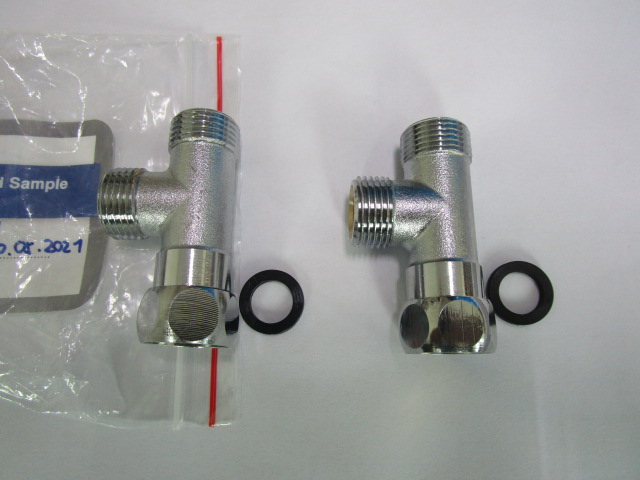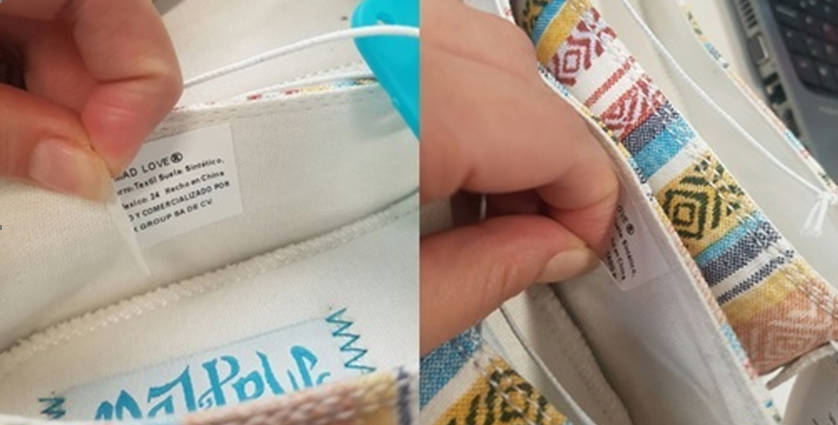
Promotional products play a significant role in marketing campaigns, acting as tangible representations of a brand and its values. Ensuring the quality of these products is crucial for maintaining brand reputation, customer satisfaction, and effective marketing strategies. In this article, we will explore the importance of quality control in promotional products and highlight five common misconceptions that can arise during the inspection process.
Contents
The Importance of Quality Control in Promotional Products:
1.Brand Image and Reputation:
Promotional products directly reflect a brand’s image and values. By maintaining rigorous quality control measures, businesses can ensure that their promotional items accurately represent their brand. High-quality products create a positive impression on recipients, enhancing brand reputation and fostering customer loyalty and trust.
2.Customer Satisfaction:
Promotional products are designed to leave a lasting impact on customers. When recipients receive items of poor quality or with manufacturing defects, it not only reflects poorly on the brand but also diminishes customer satisfaction. Implementing quality control measures ensures that promotional products meet the expected standards, leading to increased customer satisfaction and engagement.
3.Effective Marketing Strategy:
Promotional products serve as powerful marketing tools, reinforcing brand messages and increasing brand visibility. However, if these products are of subpar quality, they may fail to make the desired impact and undermine the effectiveness of the marketing strategy. Quality control guarantees that promotional items effectively represent the brand and convey the intended message to the target audience.
4.Cost Efficiency:
Implementing quality control measures from the initial stages of production helps identify and rectify any manufacturing defects or issues promptly. By addressing these problems early on, businesses can prevent costly recalls, returns, or damage to their reputation. Investing in quality control upfront can result in long-term cost savings by avoiding potential expenses associated with poor-quality promotional products.
5.Compliance with Regulations:
Promotional products, like any other consumer goods, must comply with relevant regulations and standards. Quality control ensures that these products meet safety and regulatory requirements, protecting both the brand and the end-users. Compliance with regulations safeguards against potential legal issues and ensures ethical business practices.
Common Misconceptions in the Inspection Process:
1.Assuming Suppliers Prioritize Quality:
One common misconception is assuming that suppliers inherently prioritize quality without external intervention. While some suppliers may have stringent quality control measures, it is essential to conduct independent inspections to validate their claims and ensure consistency throughout the production process.
2.Neglecting Pre-Production Inspections:
Pre-production inspections are often overlooked, as some businesses believe that inspecting finished products is sufficient. However, pre-production inspections enable early identification of any potential issues, allowing for timely corrective measures and preventing quality problems from escalating during production.
3.Sole Reliance on In-House Inspections:
Relying solely on in-house inspections may result in biased assessments. Third-party inspection companies offer impartial evaluations and leverage their expertise to identify potential quality issues that may be overlooked internally. Collaborating with such inspection agencies, like NBN Inspection, can provide an objective perspective on product quality.
4.Neglecting Continuous Monitoring:
Inspection is not a one-time event; it should be a continuous process throughout production. Neglecting regular inspections can lead to variations in product quality and increase the likelihood of receiving substandard promotional items. Continuous monitoring ensures consistent quality standards are maintained from start to finish.
5.Underestimating Documentation and Reporting:
Thorough documentation and reporting of inspection findings are crucial for effective quality control. Some businesses may underestimate the significance of detailed reports, which serve as valuable references for decision-making, supplier communication, and future improvement strategies. Proper documentation ensures transparency and accountability in the quality control process.
Conclusion:
Quality control is paramount in maintaining the integrity of promotional products. By prioritizing quality, businesses can protect their brand reputation, enhance customer satisfaction, and maximize the effectiveness of their marketing campaigns. It is essential to address common misconceptions, such as assuming suppliers prioritize quality, neglecting pre-production inspections, relying solely on in-house inspections, neglecting continuous monitoring, and underestimating documentation and reporting. By overcoming these misconceptions, businesses can establish robust quality control processes and ensure the delivery of high-quality promotional products that truly reflect their brand and resonate with their target audience.




